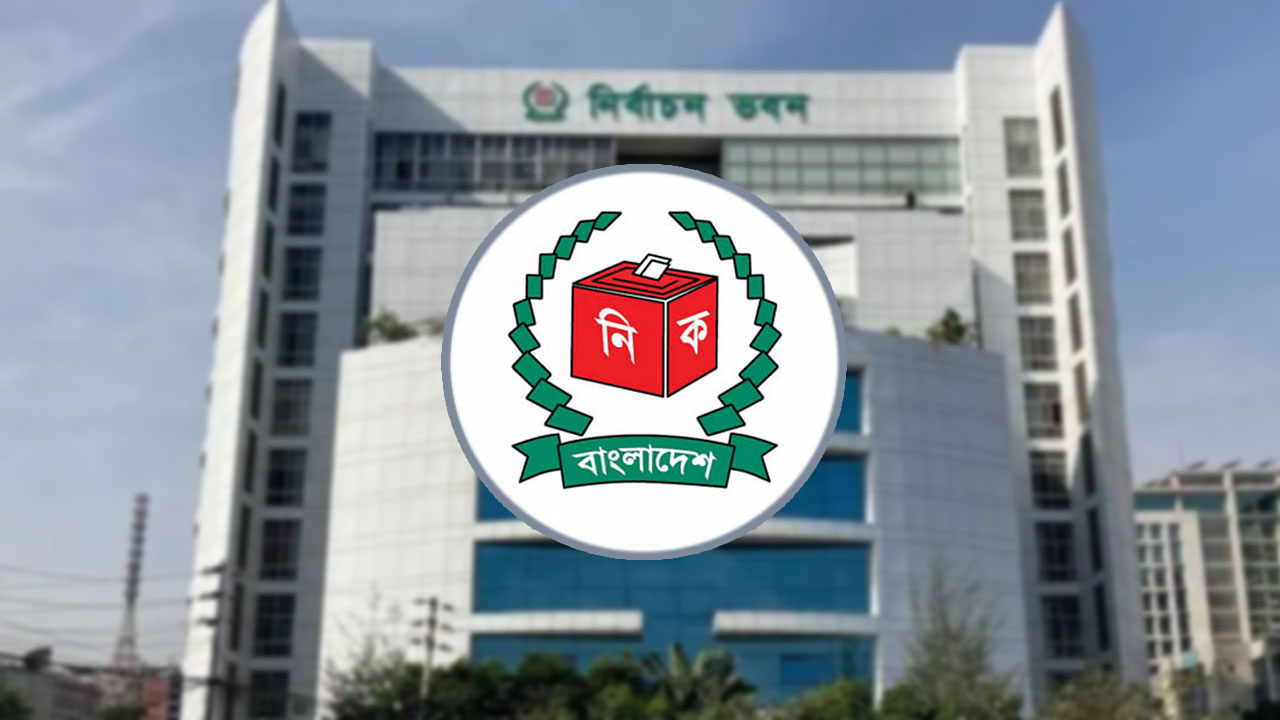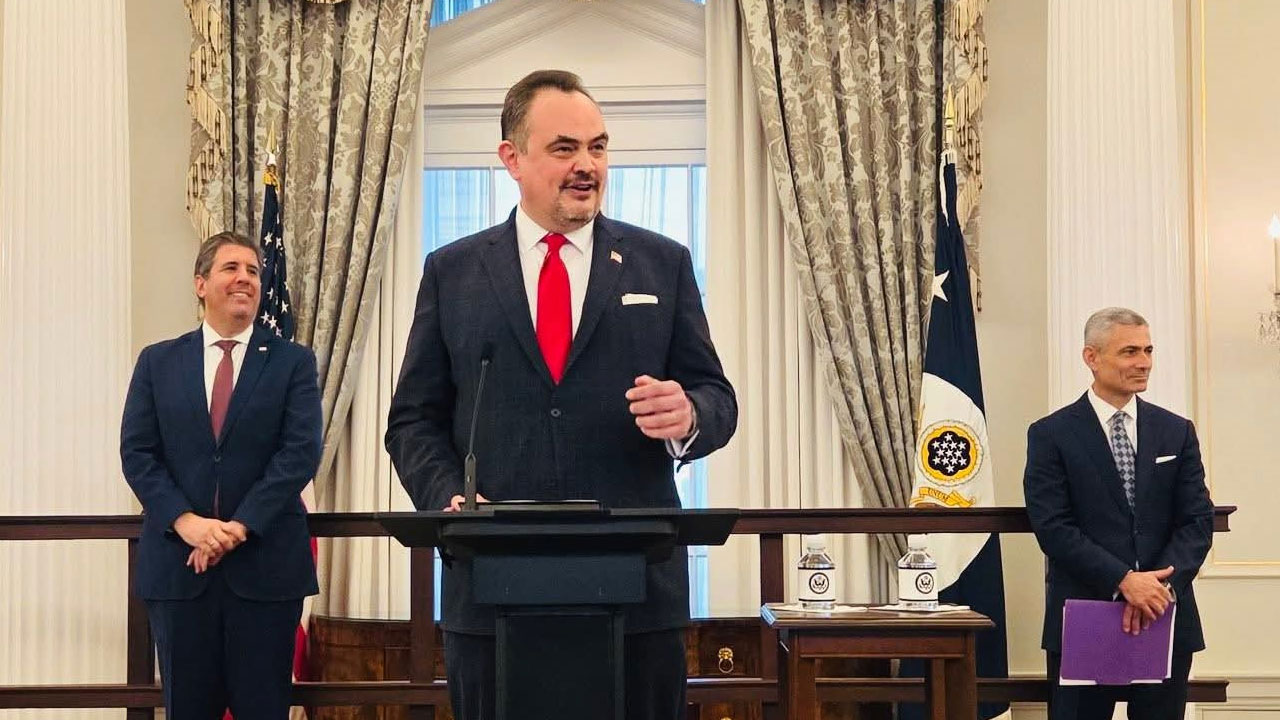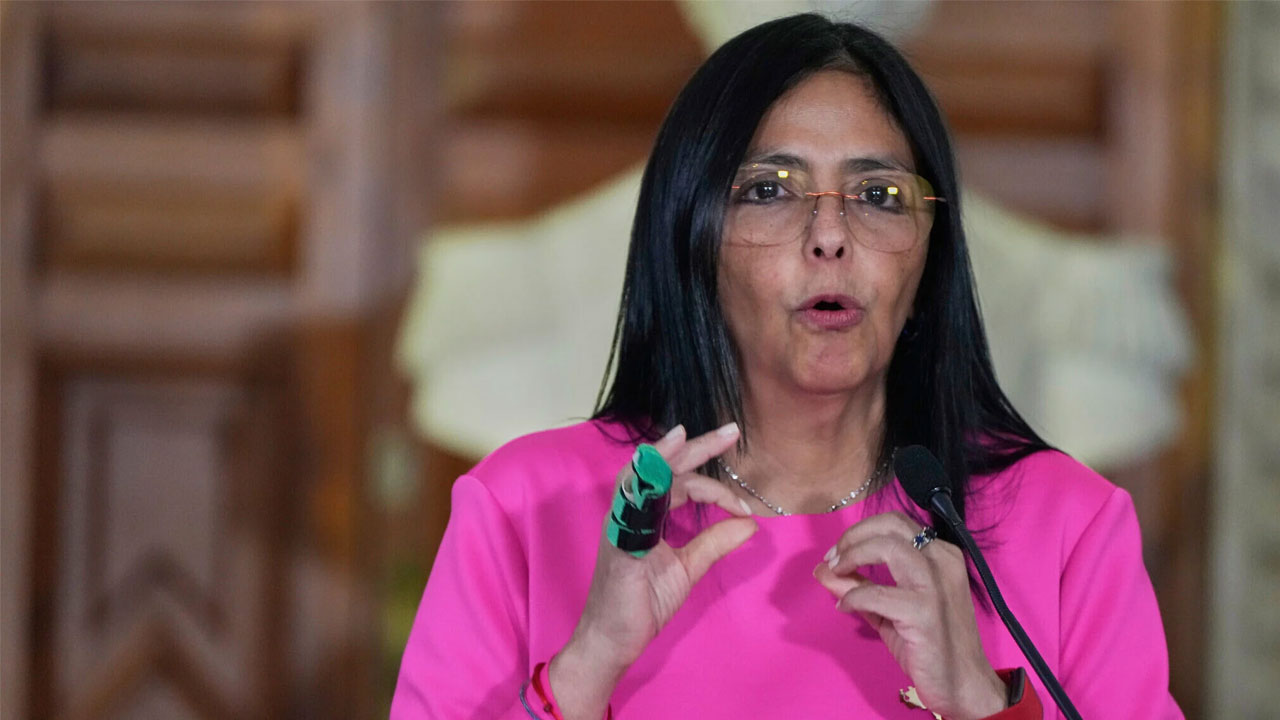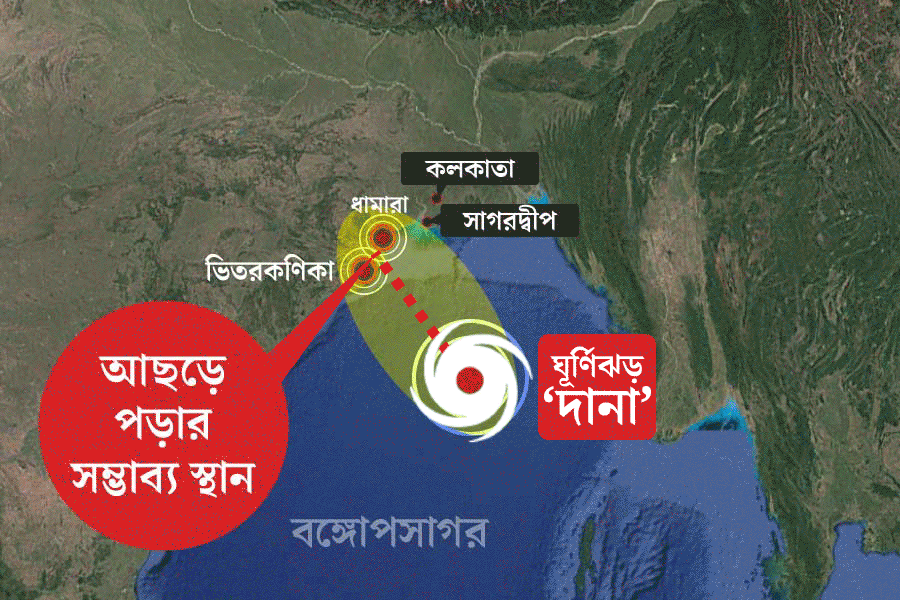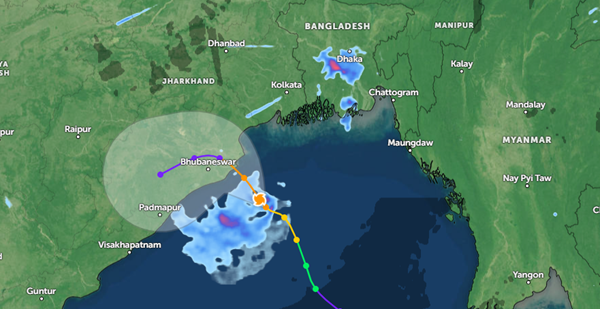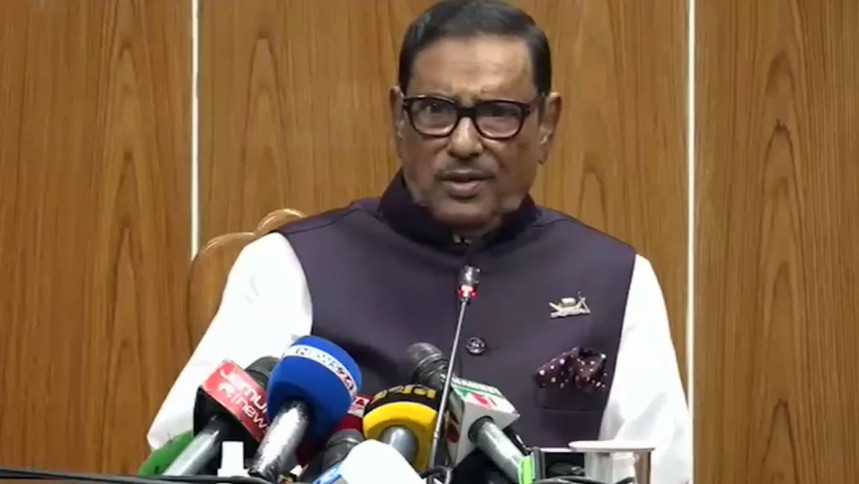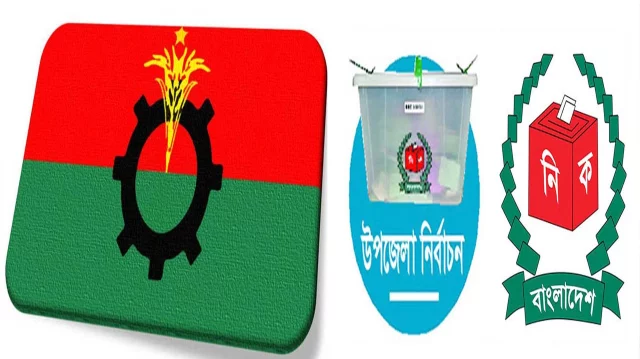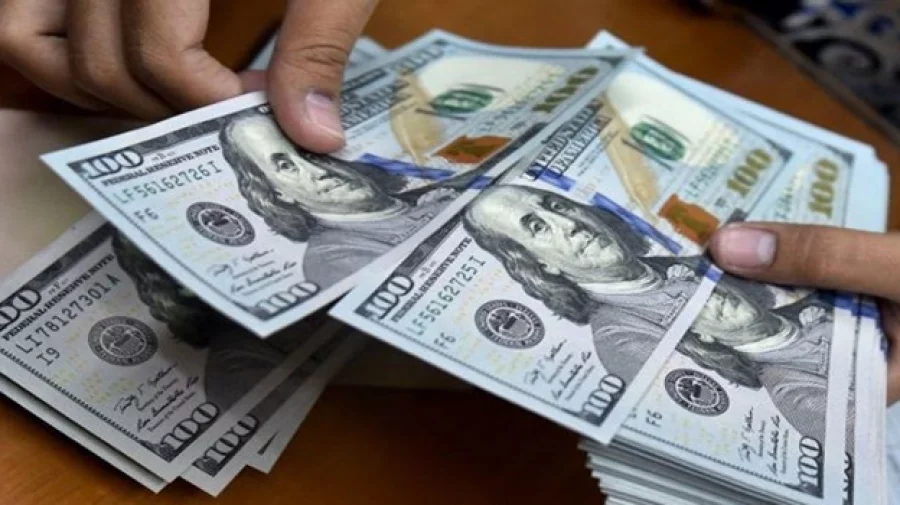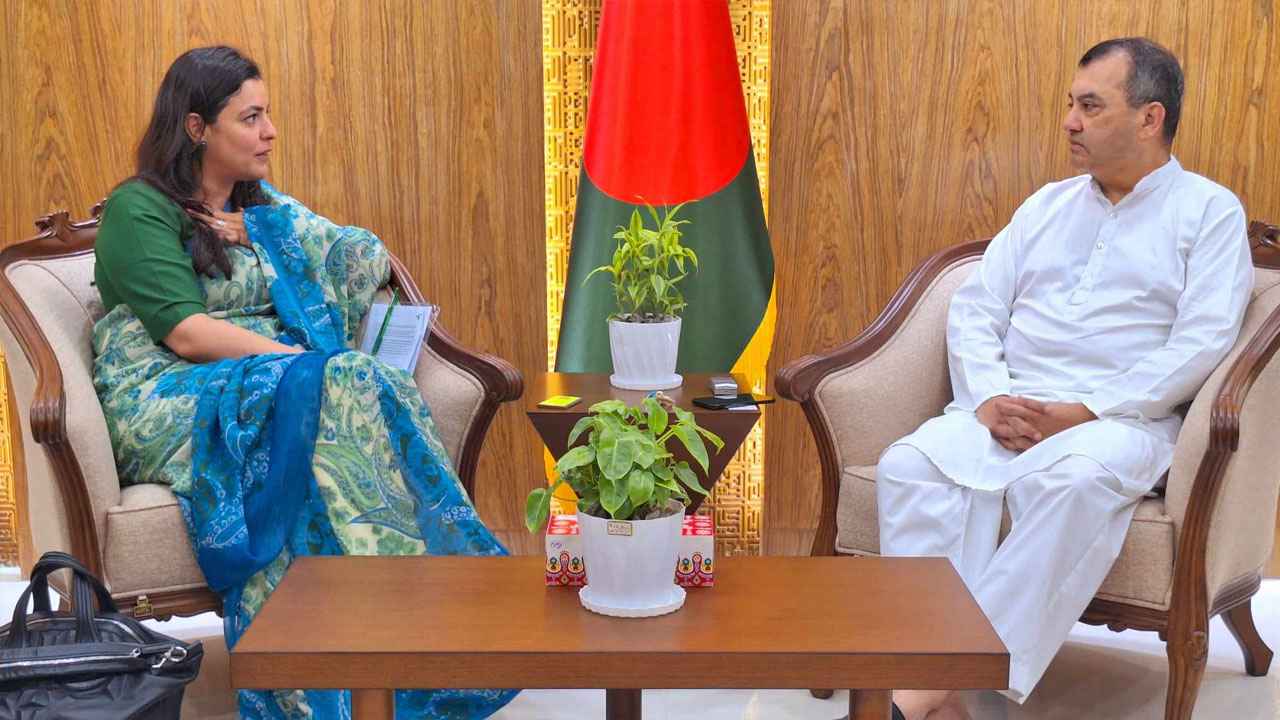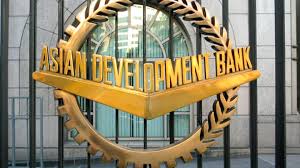
The Asian Development Bank (ADB) has expressed concern that the US counter-tariffs may have an impact on the growth of Bangladesh's gross domestic product (GDP). The ADB said that the growth forecast for the current fiscal year (2025-26) that has just started has been reduced. The reason behind this is the slowdown in exports and the industrial sector. Apart from this, there is the impact of the US counter-tariffs. However, it has not been said how much GDP growth will be.
This has been stated in the recently published ADB Asian Development Outlook July edition. This reform does not provide country-specific GDP growth, inflation, etc. It provides information on these at the regional level, including information on a few large countries. An analysis of the nature of the economy is provided.
The ADB's Asian Development Outlook report published last April said that Bangladesh's GDP growth could be 5.1 percent in the 2025-26 fiscal year.
In April, the US administration announced a 37 percent countervailing duty on Bangladeshi goods. It was later reduced to 35 percent and is scheduled to take effect from August 1. The Bangladesh government is negotiating with the US administration on this. If the new countervailing duty is imposed, various products, including ready-made garments, will have to pay additional duties to enter the US market. Businessmen in this sector believe that this could greatly reduce the export of products, which will have an impact on the overall economy.
Meanwhile, ADB's July inflation update report said that inflation in the outgoing fiscal year has declined slightly. This is due to the stability of global commodity prices and tight monetary and fiscal policies. For the same reason, the forecast for fiscal year 2026 has been kept unchanged.
The ADB report last April predicted that overall average inflation would fall to 8 percent in the 2025-26 fiscal year.
The country has been experiencing high inflation for three years. However, inflation has been declining for a few months. According to the Bangladesh Bureau of Statistics (BBS), overall inflation eased slightly to 8.48 percent in June, the lowest since July 2022. In the past year, food inflation reached a 13-year high of 14.10 percent in July 2024. Food inflation was above 10 percent for the next seven months. It fell below 10 percent in the next five months.

